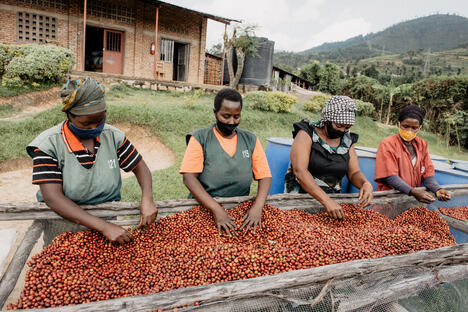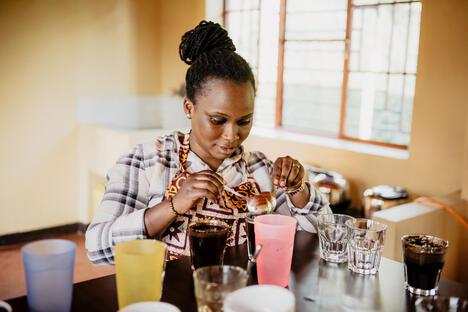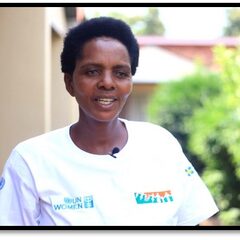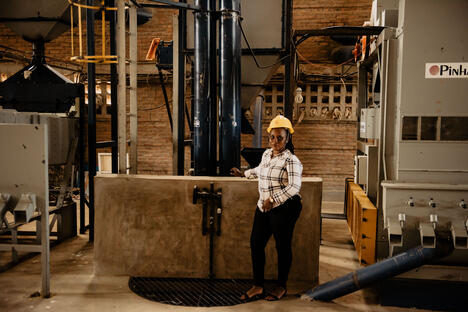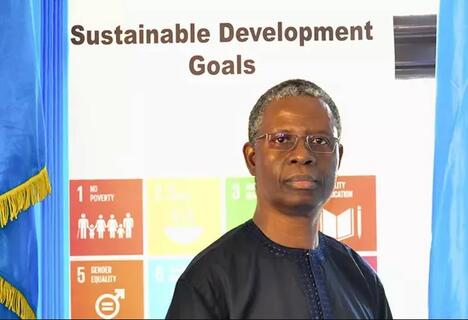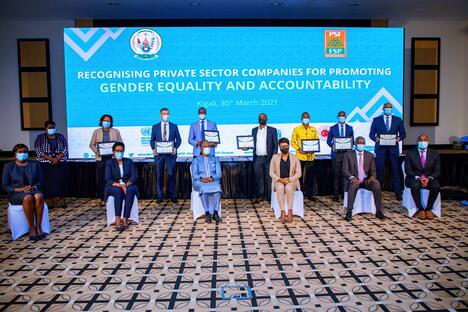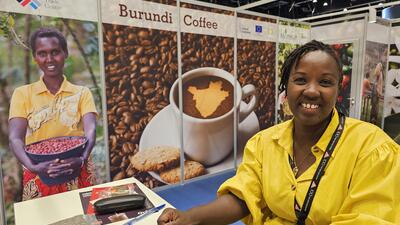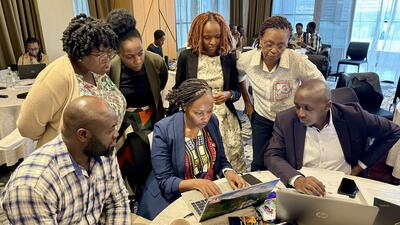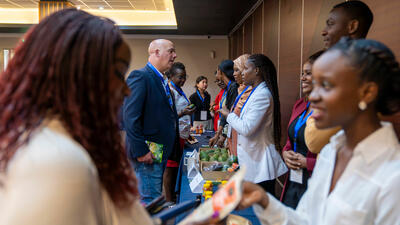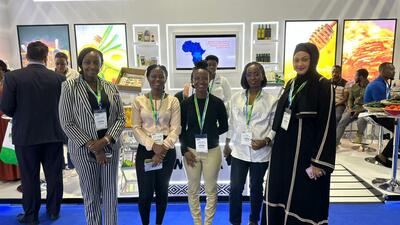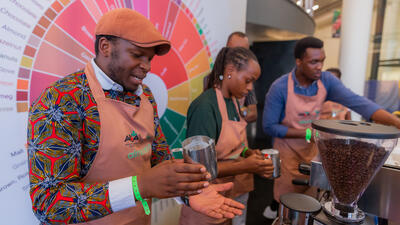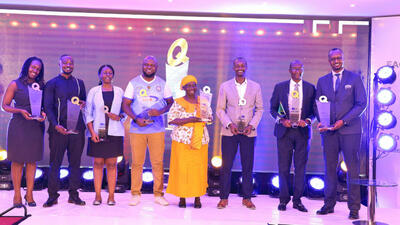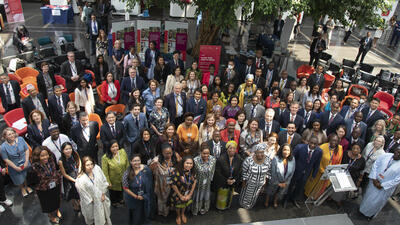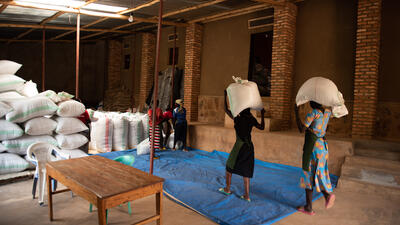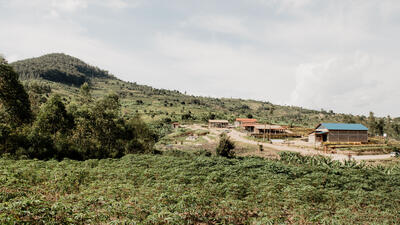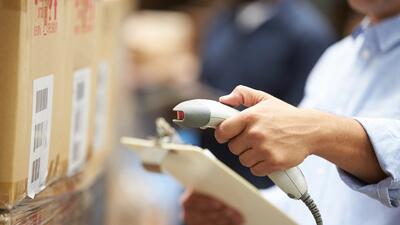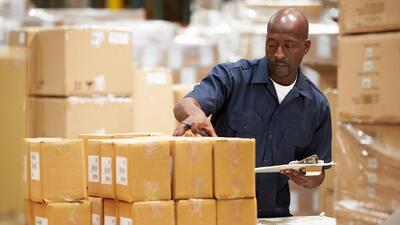
Empowering women in Rwanda amid the COVID-19 crisis
Investing in women’s economic empowerment, sets a direct path towards gender equality, poverty eradication and inclusive economic growth.
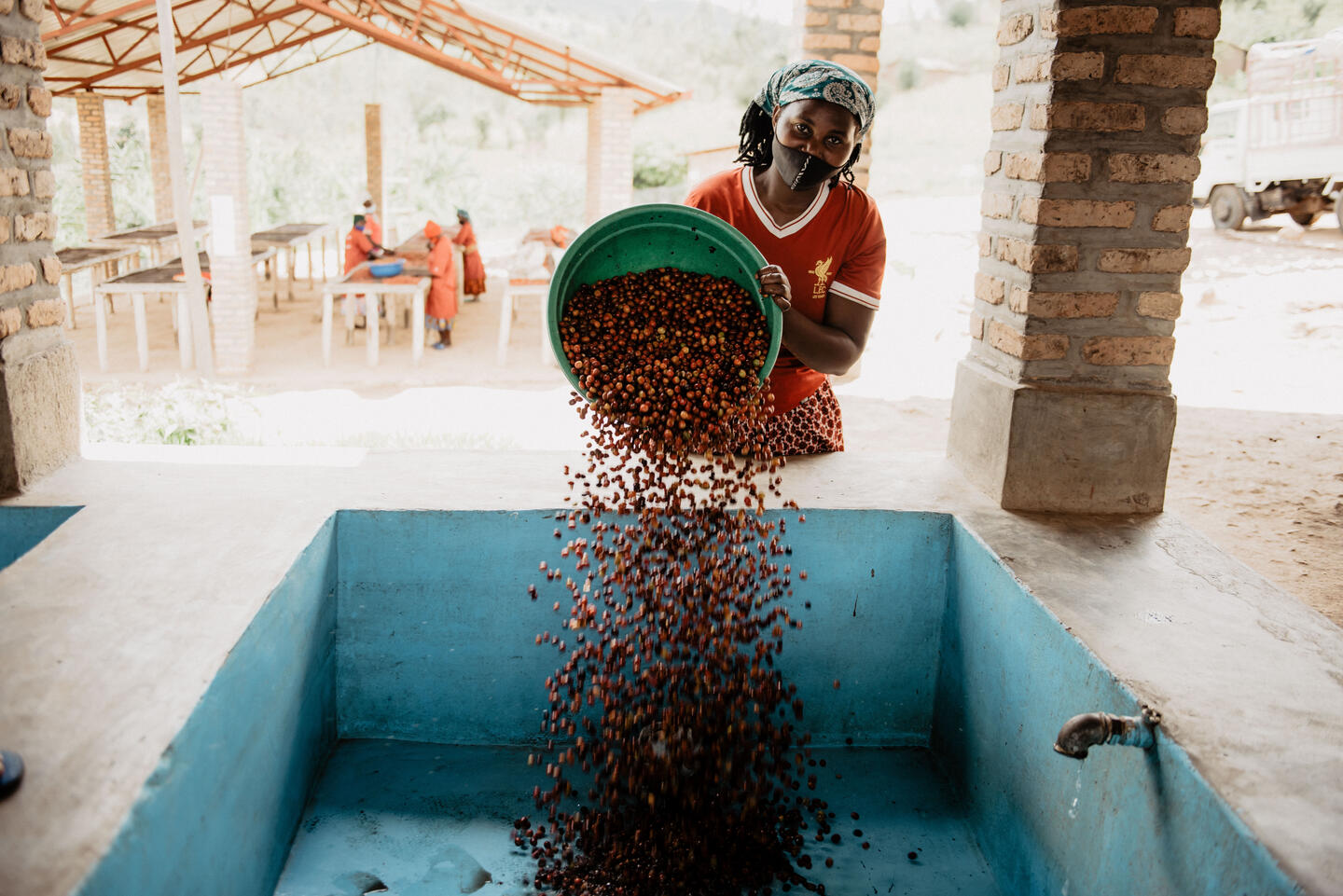
Vast initiatives to empower women economically
The UN Country Team in Rwanda is contributing to women’s empowerment through the Joint Programme on Gender equality, as well as other initiatives, such as RWEE (Rural Women Economic Empowerment), Gender Equality Seal Certification, Women in Financial Technology, and the International Trade Centre’s SheTrades initiative.
Through the Joint Programme on accelerating progress towards the Economic Empowerment of Rural Women implemented by UN Women, the World Food Programme and the Food and Agriculture Organization of the UN, the UN Country Team in Rwanda aims to secure rural women’s livelihoods and rights in the context of sustainable development, assisting over 2,080 direct beneficiaries and 1,740 indirect beneficiaries.
Moreover, the programme has made a significant contribution to improving agricultural practices at the individual and cooperative/group level, by increasing vegetable, fruits and livestock production, securing healthy diets, assuring linkages to markets, developing entrepreneurship, securing financial access through village savings, lending associations or financial institutions, and building leadership skills. This has increased the women’s self-esteem.
The Joint Programme on Gender has also engaged with partners to commission studies, for instance on trade barriers for better decision-making and a gender-responsive environment for both domestic and international trade. Their recommendations are shaping the policy dialogue on strategically positioning women entrepreneurs to benefit from the African Continental Free Trade Area (AfCFTA) and other regional trade protocols, while the support from other UN Agencies, such as the International Trade Centre, increases small business’ understanding of the Agreement and their capacity to trade in this regard.
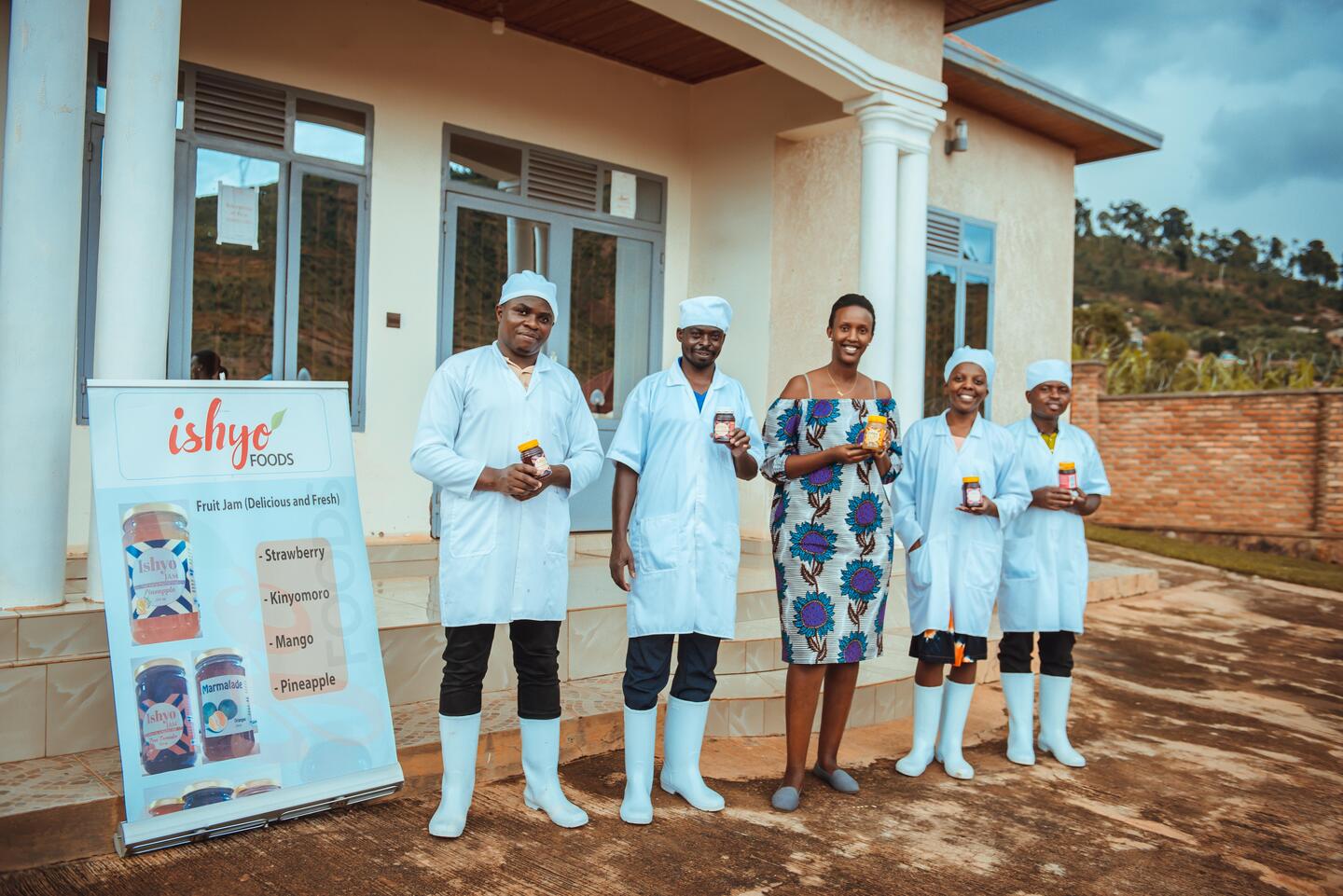
The Gender Equality Seal Certification Programme, implemented with UNDP and UN Women Rwanda, is promoting gender accountability in the private sector. It engages companies to institutionalize gender equality, with currently 29 organizations on board.
The UN also works with partners to provide data and helps integrating gender in Rwanda’s COVID-19 response. UN Women, UNFPA and the Government jointly commissioned a Rapid Gender Assessment to draw attention to the gender-differentiated impact on women and men, illustrating how stringent COVID-19 containment measures in Rwanda have disproportionately affected women’s economic activity, and increased their vulnerability to poverty.
The UN has rapidly adjusted to the new dynamics and supported women entrepreneurs through a resilience-building journey, for instance through the International Trade Centre’s SheTrades project or UN Women business clinics that offer business advisory services or psycho-social support.
The 2030 Agenda for Sustainable Development: Call for Action
Agenda 2030 can only be achieved if our efforts and commitments are inclusive, resilient, green and sustainable, shock-, gender- and youth-responsive. We commend the longstanding partnership with the Government of Rwanda to advance joint advocacy and policy dialogues on gender issues, which contribute to our efforts in improving social norms, fighting gender-based violence and strengthening policies on women’s economic empowerment. In addition, we partner to produce disaggregated data as a basis to ground policy discussions, report on progress and increase joint accountability.
The UN Country Team in Rwanda recognizes the contributions of women in sustainable development in this challenging period of COVID-19. I call for action to assist women and girls to grow their capacities to respond to climate change through agricultural production, food security, and natural resources management, and to contribute to creating more wealth and decent jobs.
As a HeForShe, I encourage all partners to join our efforts in increasing women’s access to economic opportunities and participation in financial services, entrepreneurship, off-farm and decent jobs, ensuring an inclusive recovery as countries embark on COVID-19 recovery process for sustainable development – leaving no one behind.




